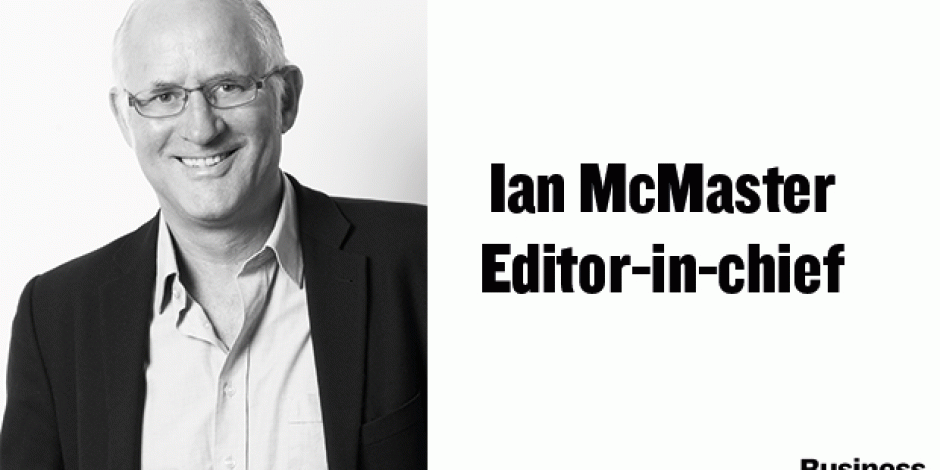28.03.2019
As a general rule, if you want to get to another place, it helps to know (a) where you are now, (b) where you are trying to get to, and (c) the possible routes between the two places.
In the past, people often used compasses and/or maps for such purposes. Nowadays, satellite navigation (“satnav”) deviceGerätdevices of one sort or another are more typical.
There is another method, which I am often guilty of using, whether walking, jogging or driving: just to head off in a directioneine Richtung einschlagenhead off in (vaguely) the right direction and hope for the best. This method has often led me to fascinating places that I would otherwise not have discovered. It can, however, be very frustrating for anyone who is accompanying me.
And if I am in a hurry, or have to be at a particular place at a particular time for an important meeting, then I (normally) allow sat-nav devices to guide me. It’s safer that way.
Britain has very little idea where it wants to get to nor how to get there
The Rolling Stones once famously sang that, “You Can’t Always Get What You Want”. In Britain, it currently seems that you can’t always get where you want. That was certainly the case earlier this week for the passengers on the British Airways flight from London to Dusseldorf that landed in Edinburgh by mistakeversehentlichby mistake.
Apparently, there was a mix-upVerwechslung, Durcheinandermix-up with the paperwork. “The pilot said he had no idea how it had happened,” reported one passenger. “He said it had never happened before and that the crew was trying to to work sth. outetw. herausfinden; hier auch: austüftelnwork out what we could do.” After a two-and-a-half-hour delay, the flight finally flew on to Dusseldorf.
This incident quickly became a metaphor for Britain’s approachHerangehensweise, Vorgehensweiseapproach to the Brexit negotiationVerhandlungnegotiations. The country knows (more or less) where it is starting from, but has very little idea where it wants to get to, nor how to get there.
Britain’s EU colleagues are understandably to tear one’s hair outsich die Haare raufentearing their hair out watching the shenanigans (ifml.)Unfug, Faxenshenanigans in the British parliament, where no proposal for the final destination has yet to command a majorityeine Mehrheit finden, mehrheitsfähig seincommanded a majority.
The UK’s chief pilot, Theresa May, has now indicated that she is willing to to resignzurücktretenresign if parliament at least to back sth.etw. untertützenbacks her plan to fly the country to an intermediate destination — by passing the withdrawalRücktritt; hier: Austrittwithdrawal agreement that her government has to negotiate sth.etw. aushandeln, verhandelnnegotiated with the EU.
The final destination — the future relationship that Britain will have with the EU — has not yet been decided. The passengers and co-pilots on Flight UK5248 to Brexit are still to squabble about sth.über etw. herumzankensquabbling about where they want to to end upschließlich landenend up.
Meanwhile, a group of potential replacement pilots, including former mayorBürgermeister(in)mayor of London, Boris Johnson, is to wait in the wingsauf seine Chance warten, im Standby seinwaiting in the wings to take over the controls. Their motto is inspired more by Joan Armatrading than the Rolling Stones: “Drop the pilot, try my balloon”.
In his blog, Ian McMaster has been commenting on global business issues since 2002. You will find more of his blog posts here.



